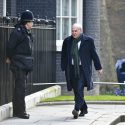Guides
Acts of ParliamentDevolved GovernmentHouse of CommonsHouse of LordsLegislative ProcessWhitehallPolitical PartiesPublic InterestThe Political Process Display All
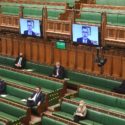
Report Stage
This Report Stage of a Bill occurs normally at least two weeks after the end of the committee stage of a Bill.Read More
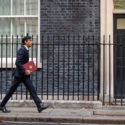
Rishi Sunak height
Details on the height of the UK prime minister, Rishi Sunak. Is he that much shorter than his political colleagues? Might his height have an impact on his political prospects?Read More
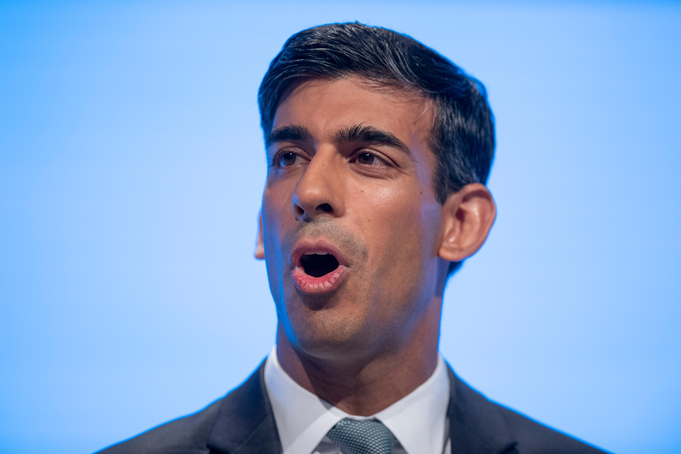
Rishi Sunak Net Worth
In the Spring of 2022, then Chancellor Rishi Sunak and his wife entered the Sunday Times Rich List with an estimated wealth of £720 million, twice that of the Queen. How did Sunak amass that fortune, and is it a political problem for him?Read More
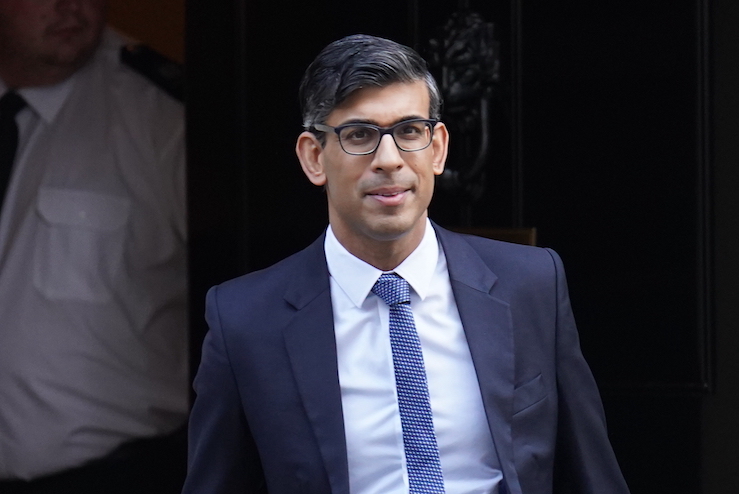
Rishi Sunak net worth
An overview of the published financial affairs of the prime minister Rishi Sunak. How wealthy is he? What does he pay in tax? Is it a political problem for him?Read More

Rishi Sunak Religion
An overview of the relgious beliefs and statements made by Rishi Sunak.Read More

Rishi Sunak Salary
An overview of the prime minister's salary. What Rishi Sunak earns, and how it compared to other world leaders. How this salary fits into the wider context of Mr Sunak's wealth.Read More

Rishi Sunak’s parents
An overview of the family background of prime minister RIshi Sunak. Who are his parents, and what did they do?Read More
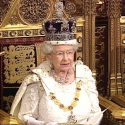
Royal Assent
Upon receiving its Royal Assent, a Bill then becomes an Act. Since 1952, Queen Elizabeth II has given Royal Assent to more than 3,650 Acts of Parliament.Read More
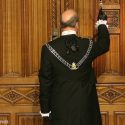
Salisbury Convention
The Salisbury Convention, sometimes called the 'Salisbury doctrine', states that the Lords will not vote down a Bill that seeks to enact a manifesto pledge on which a government was elected. Some have questioned the Convention, following the 1999 Lords Reform which removed the majority of hereditary peers.Read More

Scottish Government – Composition
The Scottish Government is made up of the First Minister, Cabinet Secretary's, junior Scottish Ministers below Cabinet level. Here are the details of the current Scottish Executive.Read More

Scottish Independence Poll
The latest Scottish opinion polling data, detailing current levels of support for the 'Yes' and the 'No' side, and how this has changed over the years.Read More

Scottish National Party
The Scottish National Party (SNP), is a pro Scottish independence party that sits on the left of the political spectrum. It is currently by far the largest party in Scotland and has been in government in the Scottish Parliament continuously since 2007.Read More

Scottish Parliament – An Overview
The Scottish Parliament, based in the Holyrood area of the City of Edinburgh, first sat in 1999. An overview of the Parliament , covering its current membership, sitting patterns and times, voting mechanism, powers, and operations.Read More

Scottish Parliament – Committees
Scottish parliament committees are deliberative, coming up with proposals for new bills, taking evidence on current affairs and reporting on issues affecting Scotland. They resemble those from the European parliament more than those at Westminster.Read More

Scottish Parliament – Elections
The Scottish parliament is made up of 129 elected MSPs, elected by the additional member system, a form of proportional representation. Each voter has two votes - one for a constituency and one for a member from a regional list.Read More

Scottish Parliament – Legislation
The Scottish parliament may legislate on any issue that is not in a reserved area for Westminster. A bill can be introduced by the Scottish Executive, by a Scottish Parliament Committee, or as a private members bill by an individual MSP.Read More
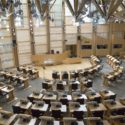
Scottish Parliament – Powers
An overview of the current powers of the Scottish Parliament and Executive, how the Scottish Parliament's powers have increased in recent years, and the policy areas that are currently still reserved for Westminster.Read More
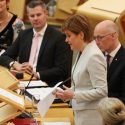
Scottish Parliament – Question Time
The Scottish Executive is held accountable to the Scottish Parliament through Parliamentary Questions. These involve oral question sessions once a week, First Minister's Questions at noon on Thursday, and written answers for those questions not answered orally.Read More
